When we find research we think is valuable, we do our best to pass it on to you! This research centers around the findings of the Athlete Development Division of the United States Olympic Committee in 2000, when they asked Olympians to list the five factors they believed contributed the most to their success. It also asked the Olympians to list the five most significant obstacles they had to overcome in order to achieve success in their sport. Three of the factors were identified as both a success factor and an obstacle.
- Financial Support
- Coaches and Training Programs
- Competition Opportunities
- Nearly 50% of all athletes believed their excellent coaches were one of the Top 5 contributors to their success.
- Nearly 60% of all athletes believed their dedication and persistence was a contributor to their success.
- A majority of athletes found that a lack of financial support was one of their most significant obstacles to success.
The questionnaire was given to 2,100 U.S. Olympians who competed in Olympic Games from 1984 to 1998. Its aim was to shed greater light on the development of Olympians, what contributed to their success, and what were the obstacles they had to overcome.
The Top 10 success factors and Top 10 obstacles were found to be:
Top 10 Success Factors
- Dedication and Persistence
- Support of Family and Friends
- Excellent Coaches
- Love of sport
- Excellent Training Programs and Facilities
- Natural Talent
- Competitiveness
- Focus
- Work Ethic
- Financial Support
Top 10 Obstacles
- Lack of Financial Support
- Conflict with Roles in Life
- Lack of Coaching Expertise or Support
- Lack of Support from USOC and NGB
- Mental Obstacles
- Lack of Training/Competition Opportunities
- Medical Problems
- Lack of Social Support
- Physical Limitations
- Failure
Our Article on the Canadian Olympic Study and the Success of Coach Athlete Relationships also features great research into what makes Olympians successful. To see the full article click here.
The Success Factors
After receiving 3178 individual responses to the question, researches had to find a way to group together responses with similar definitions. When they did, they found that the Top 10 success factors represented two-thirds of all the responses.
- Around 60% of athletes found their dedication and persistence contributed to their success.
- A majority of athletes felt the support of family and friends contributed to their success.
- Nearly 50% of athletes believed their excellent coaches contributed to their success.
These were the Top three responses from athletes when asked what contributed to their success. The success factors also show that athletes did not rate natural talent very highly, with only one in five athletes believing this was in the Top five factors which contributed to their success. It is clear that dedication and persistence contributed more to an athlete’s success than any inherent talent they may possess. Obviously, untrained natural talent is wasted and does not create winning outcomes. Natural talent when coupled with dedication and persistence is the road to success.
Obstacles
When the researchers received 2653 responses to obstacles athletes faced, they again had to try and categorize similar obstacles. Of the responses reported by athletes, the Top 10 obstacles ended up representing 64% or just below two-thirds of all the responses.
- Lack of Financial Support was found to be the most frequent obstacle, with over half of all athletes reporting this as one of the Top five obstacles they encountered.
- 1/3 of athletes felt conflict with the roles in their life was an obstacle to their success.
- 30% of athletes found the Lack of Coaching Expertise or Support to be an obstacle.
Unlike in the success factors where nearly half of the athletes found the first three responses to be factors of their success, it seems only the lack of financial support was an obstacle for the majority of athletes.
The Role of the Coach in Success
This study really highlights the vital role a coach plays in an athlete’s success. Nearly half of all athletes reflected on their excellent coaches being one of the Top five factors that contributed to their success. However there is a flipside. The lack of coaching expertise or support was identified as the third highest obstacle to success. The main features of the lack of coaching expertise or support category was a lack of or poor coaching and clashes with coaching style or personality.
Being rated near the top in both the success and obstacle lists demonstrates the importance athletes place on their coaches as contributors to their success, and the critical role the coach plays.
The research noted that “Olympians placed great importance on coaches who were superb teachers. They valued coaches who demonstrated commitment to their profession and the athletes they coached.”
In their own words the athletes said of their coaches:
Sample of Responses from “Excellent Coaches”
- Good coaches in development phase
- Top coaching at all levels
- Exposed to very good, dedicated coach at the right age (15)
- Outstanding coach (knowledgeable, motivating, dedicated, committed)
- Superior coaching (knowledgeable, personality)
- Great encouragement from coaches
- I had a coach that believed in me for the last 20 years.
- Encouragement and involvement with national team coaches on a regular basis
Sample of Responses from “Lack of Coaching Expertise or Support”
- Poor coaching system
- Limited coaching/knowledge of sport
- Struggles with coaches at various times
- Finding proper coaching during certain stages of my career
- Not having a choice of coaches
- Poor coaching from NGB
- Difficult nature of national team coach
- Working with coaches who care about their ego
What makes for Effective Coaching
According to the research: “All athletes rated “teaching ability”, “ability to motivate and encourage” and “training knowledge” as the Top three qualities they sought in a coach; however, women rated these categories slightly higher than men.” The study also mentioned research from the 1996 Atlanta and 1998 Nagano Olympic Games which looked into effective coaching. Common points which made for effective coaching included:
- Athletes who trusted their coaches
- Coaches with realistic expectations who believed in the athletes
- Coaches who were totally committed
- Coaches who kept things simple and focused
- Coaches who had clear performance plans
- Coaches who avoided over-coaching
It is always great to see studies reflecting on the success and obstacles athletes have encountered. We hope you found this research valuable and you are able to apply the findings as a type of checklist for your programs.
For more information on the importance of Coaching for Athletes, read our articles on the Canadian Olympic Study and the Success of Coach Athlete Relationships and A Coach’s Role is Critical.
At Athlete Assessments, we’re here to provide you with excellence in service and here to help you be your best. If there is anything we can assist you with, please Contact Us.
Recommended Articles
Research from the London Olympics revealed the defining difference between serially successful athletes and their competitors. And it might not be what you immediately think!
Rio was always going to be an unfamiliar environment for many athletes. As such, it was going to be uncomfortable.
And perhaps one of the biggest lessons to be learnt from the performances at Rio was that those athletes with the ability to best adapt to new situations and unexpected circumstances, achieved better results.
A coach’s role is critical in the context of our society. What I want to share with you in this article is my philosophy on the role of sport and the significant contribution coaches make. This is particularly important for your sport and every sport.
When we find research we think is valuable, we do our best to pass it on to you! This research centers around the findings of the Athlete Development Division of the United States Olympic Committee in 2000, when they asked Olympians to list the five factors they believed contributed the most to their success. It also asked the Olympians to list the five most significant obstacles they had to overcome in order to achieve success in their sport. Three of the factors were identified as both a success factor and an obstacle.
In recent years, more attention has focused on the impact of the coach-athlete relationship on an athlete’s performance. Research from the 2008 Canadian Olympic Study showed that coach-athlete relationships significantly impact athlete performance.
Defining a Sport Coaching Philosophy is as critical for sports Coaches as it is for business and industry leaders to define their leadership philosophy. It is key for successful coaching.


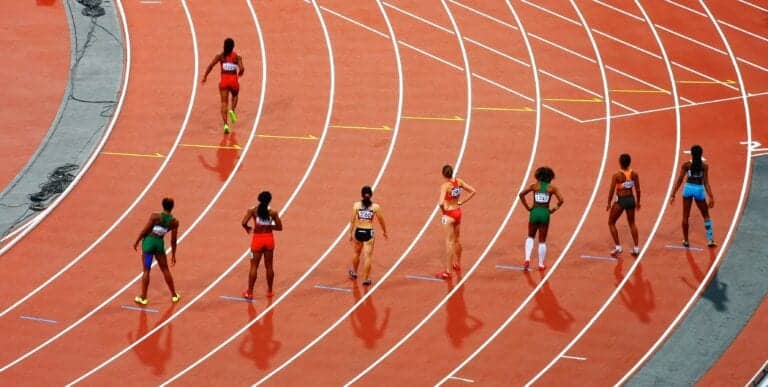
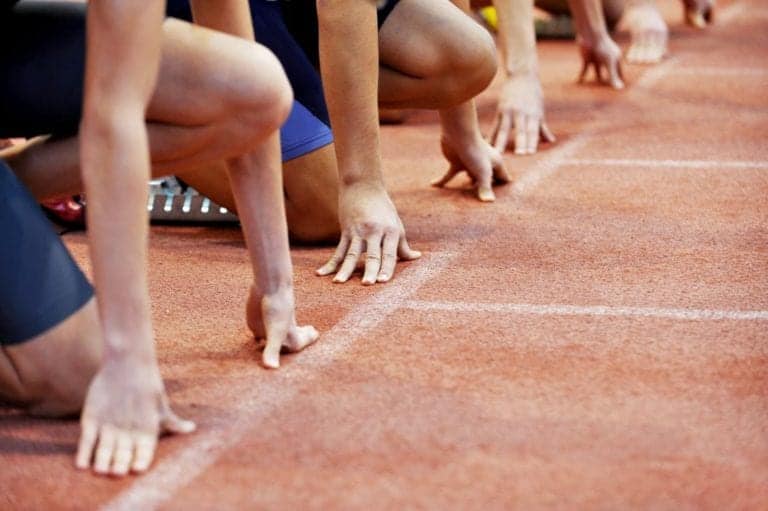
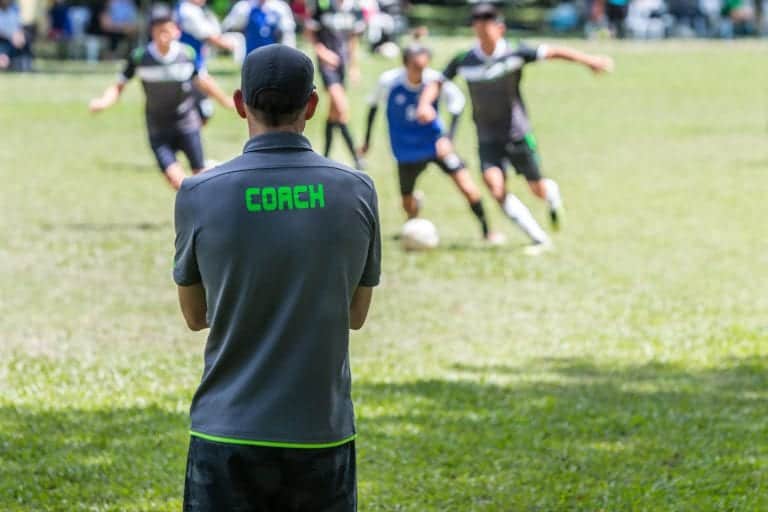
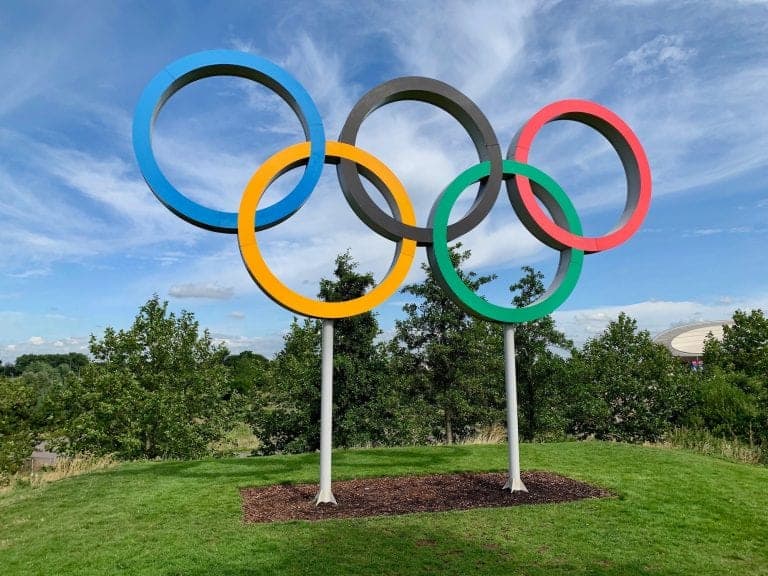
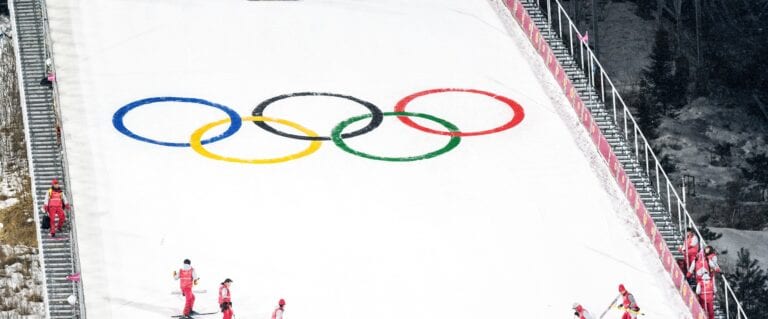
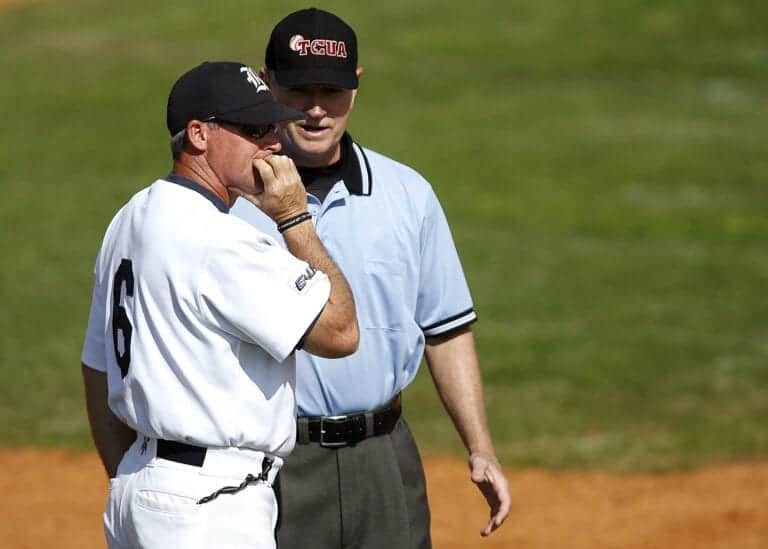




1 thought on “Factors and Obstacles Influencing Olympic Performance”
Fantastic goods from you, man. I’ve have in mind your stuff
previous to and you are just too great. I actually
like what you have acquired here, certainly like what you’re saying and the best way during which you are saying it.
You’re making it enjoyable and you continue to take care of to stay it smart.
I cant wait to read much more from you. That is really a great website.